Design
Simple is back, in a massive way
'Simple' isn't very simple at all. Here, we look at the simplicity in product design that comes from solving complexity.
我们接受:
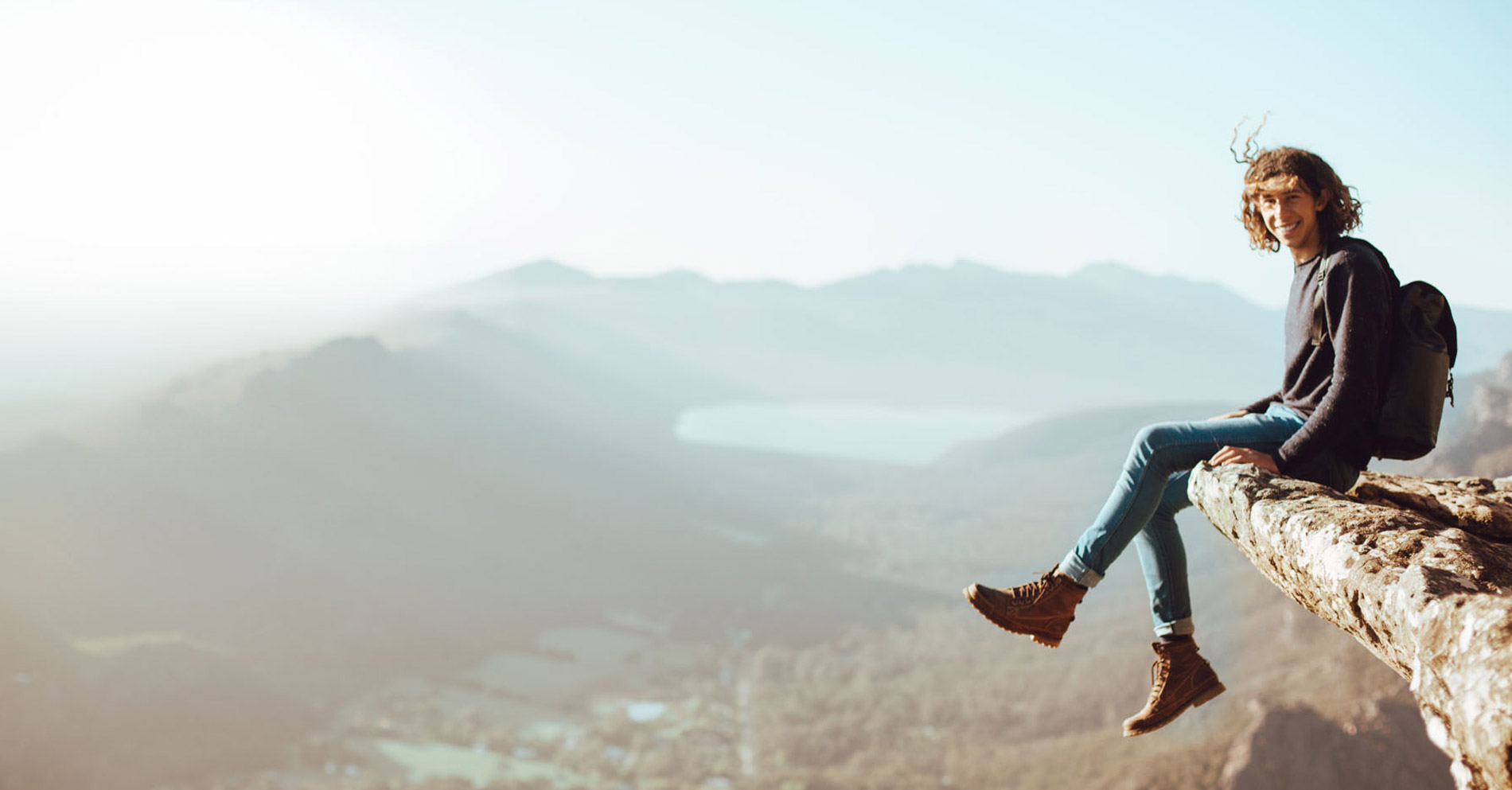
Scan photographer Matt Cherubino’s Instagram once and you’ll get a sense of his big achievements. His life is one of journeying enormous distances to vacuum-pack split seconds in time: from craggy New Zealand mountain precipices to sprawling Thai river deltas, Norwegian troll country to Tongan sea-cave Atlantes. His photographs speak of nature’s powerful forces sculpting the planet’s most breathtaking environments. But take a closer look, to see the way the sun flashes off the ocean surface or a large school of fish gets dwarfed by the might of humpback mother and calf. Impactful as they are, these images also present our biosphere at its most delicate, insubstantial, vulnerable, wonderful. Did we mention he’s only 20? Yep. Twenty. And as Matt’s visual language evolves, so too does his ability to respond to life’s twists and turns, and the ever-changing demands of his surrounds.
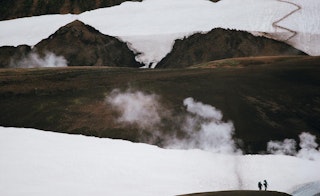
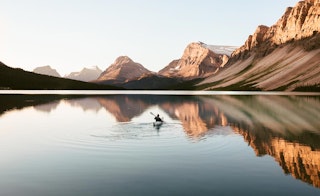
It was a tiny detail – a non-decision – that led Matt down this enviable career path. After finishing high school in 2014, he took a two-week trip to New Zealand’s remote Milford Sound – a place where towering mountain peaks rise vertically out of abyssal fjords; you thread a line through the Darren Mountain Range’s Homer Tunnel just to get there; and the average annual rainfall is around 6.5 meters. Let’s just say, Wi-Fi is patchy at best. So, it was in the middle of this Wi-Fi black spot that Matt missed his university acceptance deadline. “It wasn’t until this point that I considered declining university all together,” he says. “Looking forward and not knowing what lay ahead reflected the winding Milford road that our dented rental car was hurtling down. A lot of hard work has gone in since that point, and not all has gone as scripted, but that’s the fun of it all. I haven’t looked back.”
“For most of us, travel offers a break from the everyday; a chance to reset, recharge and reconnect with the wider world. But what about when travel is the routine?”
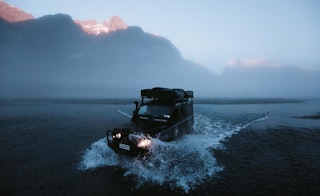
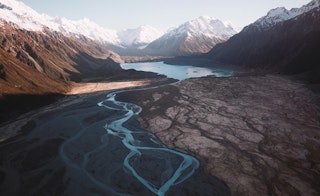
With nine-to-five an abstract concept, Matt has the advantage of customizing his version of ‘workplace’ to best meet his needs. In this office you’ll find no ergonomic chairs, board rooms or IT departments. But Matt is constantly honing his personal toolkit to optimize life on the go. And, even at 20, he has already developed some fairly solid insights.
“Even down to the little things like pockets for cords, Dropbox storage for documents and systems for sorting images. It’s about spending my time enjoying the location and not sifting through avoidable tasks.”
“Quality not quantity is something I strongly stand by, so when it comes to packing it’s about the bare essentials. Only if there’s a need for it to be lugged around airports and destinations does it get a tick. (Camera lenses are an exception; somehow I justify 8 kilograms of them.)”
“This is the most important point. No matter how amazing the destination is, lack of sleep or poor nutrition can hinder the experience. Fuelling with a balanced diet, good hydration and sufficient sleep is the key to coping with the wear and tear on the road. Coconut water and oats are my go-tos.”
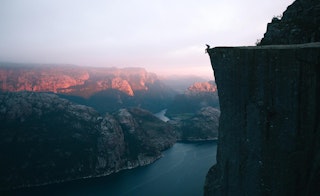
For most of us, travel offers a break from the everyday; a chance to reset, recharge and reconnect with the wider world. But what about when travel is the routine? Airports, delays, time zones, immigration protocols, language barriers, sleep deprivation – for Matt, the thrill of unpredictability far outweighs the tedium. And he relishes the challenge of making instantaneous decisions in dynamic situations. “Never knowing what’s around the next bend is addictive,” he says.
Beyond stories shared through his lens, Matt views every trip as an opportunity for learning and personal development. Key to maintaining his positive mindset is the ability to cast off the past, ignore the maybes of what lies ahead and exist in the present. A 2016 Tonga trip to dive with migrating humpback whales was central to this realization. This time, counter to his instincts, Matt left his camera on the boat. “One of the biggest things this taught me, as simple as it may be, is to enjoy the now. While I may not have a copy of these moments in digital or tangible form, they are inked into my memory,” he says. “I can vividly remember the feeling of pure joy.” This mindfulness is something Matt attempts to incorporate in his daily life – wherever he finds himself.
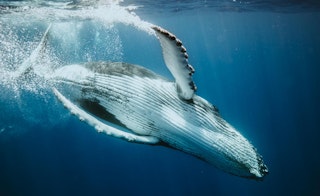
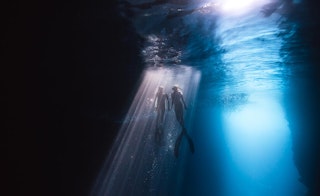
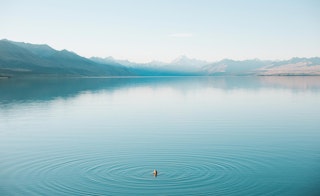
Typically speaking, Matt’s trip preparation involves carefully selecting a handful of gear, well-planned logistics and a fair amount of time spent on Google Earth. ‘There’s really only 30 per cent you can plan or prep for, and for me that’s the beauty of it,’ he says. ‘There will always be a curveball thrown for better or for worse, so having the ability to adapt on the go is crucial.’ Here are five things that he’d never leave home without:
See more of Matt’s work here and follow his travels on Instagram via @mattcherub
Interview by Samson McDougall. Photos courtesy of Matt Cherubino.
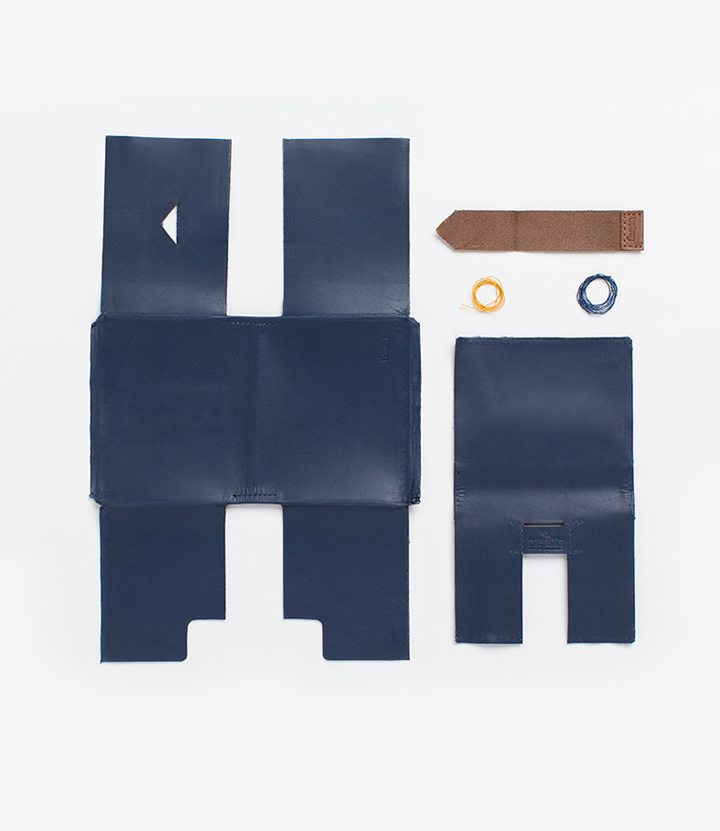
'Simple' isn't very simple at all. Here, we look at the simplicity in product design that comes from solving complexity.
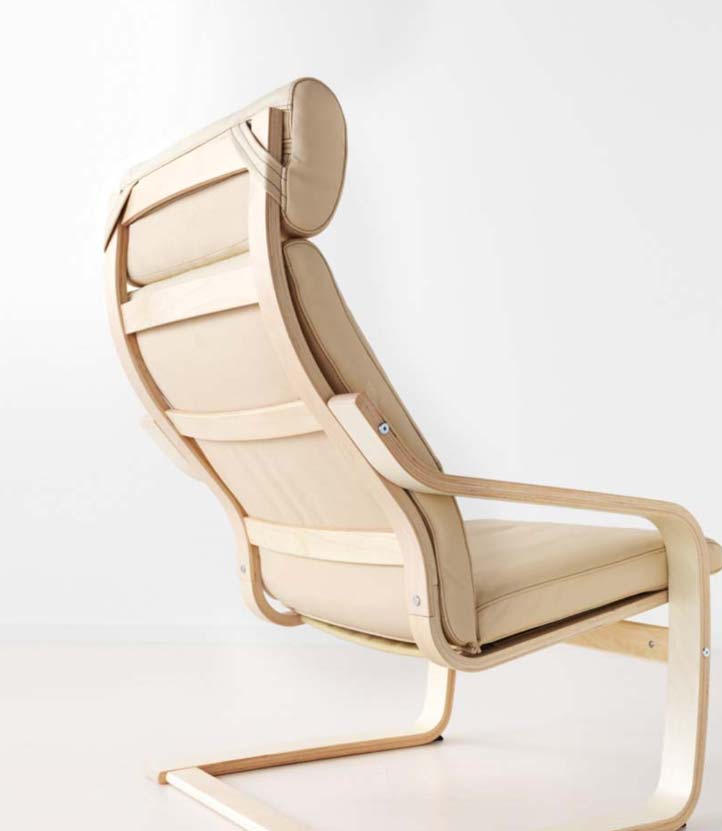
IKEA understands that design can be a great equalizer. Read more about what we take from this philosophy.
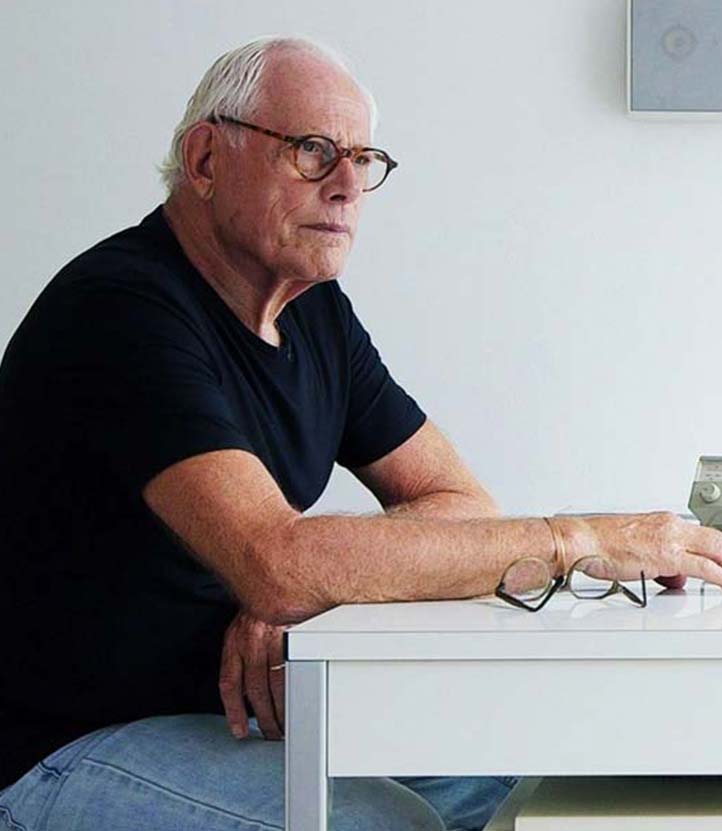
More than half a century after pre-eminent minimalist, Rams, started designing, his influence is still felt profoundly.